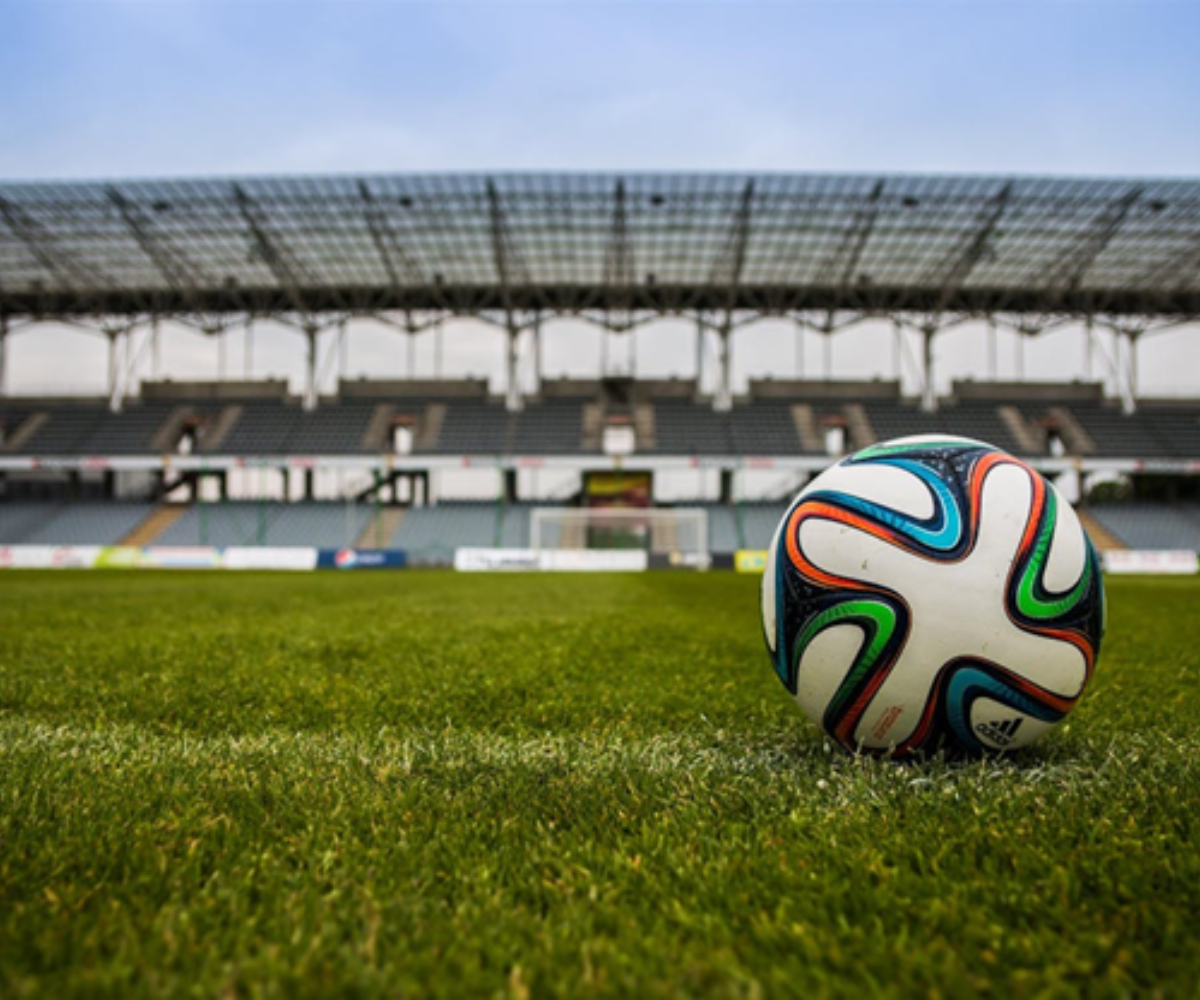How Does the Concept of Psychological Capital Contribute to Athletic Success?
Psychological capital (PsyCap) is a positive psychological construct that encompasses four key components: self-efficacy, optimism, hope, and resilience. These attributes have been shown to significantly influence athletes' performance, well-being, and overall success in sports. Understanding how psychological capital operates can provide valuable insights for athletes and coaches seeking to enhance performance and achieve their goals.
The Components of Psychological Capital
- Self-Efficacy: This refers to an athlete's belief in their ability to succeed in specific situations or accomplish tasks. High self-efficacy leads to greater effort, persistence, and resilience in the face of challenges. Athletes with strong self-efficacy are more likely to set challenging goals and remain committed to achieving them.
- Optimism: Optimism involves maintaining a positive outlook on future outcomes and believing that one can influence events positively. Athletes who exhibit optimism are more likely to view setbacks as temporary and manageable, which fosters motivation and perseverance.
- Hope: Hope is characterized by the ability to set goals, develop strategies to achieve them, and maintain motivation despite obstacles. Athletes with high levels of hope can envision multiple pathways to success and are more adept at navigating challenges.
- Resilience: Resilience refers to the capacity to recover from setbacks, adapt to change, and keep going in the face of adversity. Resilient athletes can maintain focus and composure during high-pressure situations, allowing them to perform at their best even when faced with difficulties.
The Impact of Psychological Capital on Athletic Success
The interplay of these four components of psychological capital contributes significantly to athletic success in various ways:
- Enhanced Performance: Research indicates that athletes with high levels of psychological capital tend to perform better in competitions. For instance, a study found that self-efficacy directly correlates with improved performance outcomes in sports. Athletes who believe in their abilities are more likely to take risks and push their limits.
- Increased Motivation: Psychological capital fosters intrinsic motivation by helping athletes set meaningful goals and maintain a positive attitude toward achieving them. This motivation is crucial for sustaining training efforts over time and overcoming challenges.
- Improved Coping Strategies: Athletes with strong psychological capital are better equipped to handle stress and adversity. For example, resilience allows them to bounce back from losses or injuries without losing confidence or motivation.
- Greater Life Satisfaction: Psychological capital is also linked to overall well-being and life satisfaction among athletes. Those who possess high levels of self-efficacy, optimism, hope, and resilience report greater satisfaction with their athletic experiences and personal lives.
Read: What is the psychology of home advantage and how can teams leverage it?
Strategies for Developing Psychological Capital
To cultivate psychological capital effectively, athletes can employ several strategies:
- Goal Setting: Establishing clear, achievable goals enhances self-efficacy and provides direction for training efforts. Athletes should focus on both short-term and long-term goals that align with their values.
- Positive Self-Talk: Engaging in positive self-talk can reinforce beliefs in one’s abilities and foster an optimistic outlook. Athletes should practice affirmations that emphasize their strengths and potential for success.
- Visualization Techniques: Mental imagery can help athletes envision successful performances and develop a sense of hope regarding their capabilities. Regularly visualizing achieving goals can enhance motivation and confidence.
- Building Resilience through Challenges: Athletes should seek opportunities to face challenges during training. By gradually exposing themselves to difficult situations, they can develop coping strategies that enhance resilience.
- Seeking Support: Building a strong support network of coaches, teammates, and mentors can provide encouragement and guidance. Sharing experiences with others fosters a sense of community that can bolster psychological capital.
The concept of psychological capital plays a vital role in contributing to athletic success by enhancing performance, increasing motivation, improving coping strategies, and promoting overall well-being. By focusing on developing self-efficacy, optimism, hope, and resilience, athletes can cultivate the psychological strengths necessary for achieving their goals.
Implementing strategies such as goal setting, positive self-talk, visualization techniques, resilience-building challenges, and seeking support will empower athletes to maximize their potential both on and off the field. Ultimately, fostering psychological capital is essential for sustained success in competitive sports.
Read: How does the concept of cognitive dissonance affect athlete decision-making?







%20(1200%20%C3%97%20232%20px)%20(9).png)









.png)

